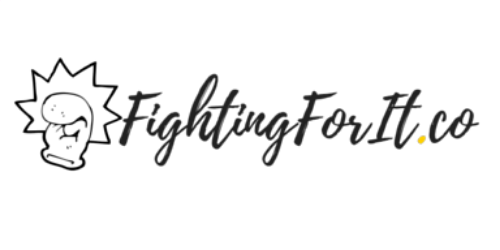This is a reshare of an Instagram post I wrote back in 2019. I felt like it was worth sharing here on my blog!
1️⃣
High school (2009) Cheerleading captain, homecoming queen (the most awkward one EVER 😂), Student Life “Prefect”, Honors Student...and severely bulimic. Some nights I’d binge and purge till my eyes were bloodshot and fake sick the next day because my anxiety and shame were too intense, so debilitating that I couldn’t be around people.
High School 2009
2️⃣
College (2009-2012) Started seeing a therapist and found exercise I loved: @crossfitdiscovery, @peacelovehiphop, yoga & Zumba. But my disorder morphed, now binging 1000s of calories at once and then punishing myself with extreme workouts.
College 2011
3️⃣
Post-college, California (2012-2015) Working at @lululemon & @fnstrainingcenter helped fitness become part of my identity. I adored my communities and loved exercise, but my disorder changed again: body dysmorphia. No matter how fit I looked, it was never enough. I was obsessed with my appearance and linked it directly to how much love and worth I felt I deserved.
Lululemon 2014
4️⃣
Post-California, back in Augusta (2015-2018) I started kickboxing. Fighting changed my life; I felt capable & empowered. My focus shifted from appearance to valuing performance: getting faster, stronger, more skilled at a sport. But with competing came cutting weight. I lost so much fat that my hormones took over a year to heal. Not only that, my issues with body dysmorphia and general body anxiety came back stronger than ever.
IKF Championship 2017
5️⃣
Present day (2019) Through @betterhelp, I finally addressed the emotional issues causing my years of eating disorders. I‘ve broken the binging/purging cycle once and for all and adopted a mindset of #bodyneutrality. I have extra fat and strong muscles. I have days of insecurity, self-love and neutrality. And for the first time, I can post a bikini picture without wanting to physically hurt myself.
Beach 2019
I wrote this back in 2019, it’s amazing to remember the journey I’ve had in this battle with food disorders. It’s taken so much support from friends, loved ones, coaches, and therapists. I had to make hard decisions about what was TRULY best for me, like the decision to stop fighting because of how triggering it was for my body issues and how truly hard it was on my body. The decision to stop working in fitness because I had become so obsessed with fitness as a definition of myself.
These were not easy choices. But I can confidently tell you, they were for the absolute best. I am happier than I’ve been in a long time. I don’t think about my body like I used to. I celebrate her! I love my rolls, my strength, my space.
It has taken TIME, friend. SO much time. Over a decade. And I’m sure that I will continue to face new versions of this disorder as my life and body continue to change.
But I hope my story can give you hope and give you the motivation to get help. Change is possible and freedom from those never-ending thoughts is a future you can have.
Please, if you have not asked for help, find a therapist on to BetterHelp or reach out to the National Association for Eating Disorders to find a resource near you.
Love you, you matter ❤️











